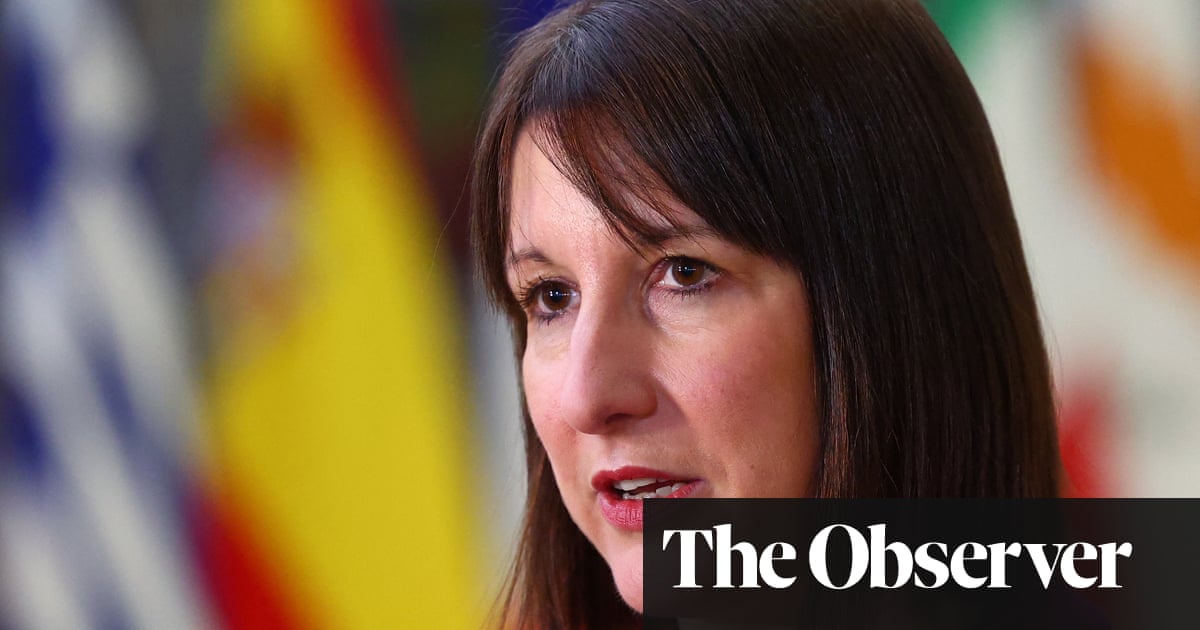Find out why the High Commissioner for India owes 8 mn pounds to the UK

- by Admin
- May 20, 2024

Overseas embassies based in London owe a staggering GBP (British pounds) 143,527,113 in outstanding congestion charge payments. Nearly 6 per cent of this is owed by the Office of the High Commissioner for India, at GBP 8,551,835.
The total congestion charge remains unpaid by 117 diplomatic bodies, from 2003 to 31 December 2023. This debt, accrued by diplomatic missions, continues to fuel a longstanding disagreement over the applicability of the congestion charge to diplomatic vehicles.
The dispute: Charge or tax
The congestion charge, imposed on vehicles entering London’s congestion zone, has been a point of contention with many embassies. These embassies argue that the charge constitutes a tax, from which they are exempt under the 1961 Vienna Convention on Diplomatic Relations, which exempts diplomats from paying domestic taxes. However, Transport for London (TfL) maintains that the congestion charge is a fee for a service, not a tax, and thus diplomats are not exempt.
The largest and lowest debtors
According to the latest list, the American Embassy is the largest debtor, owing GBP 14,644,755. Following closely are the Embassy of Japan with GBP 10,073,988 and the Indian Embassy with GBP 8,551,835.
The High Commission for the Federal Republic of Nigeria owes GBP 8,395,055, followed by China, which owes a little less than eight million British pounds.
At the other end of the spectrum, the Embassy of the Republic of Togo owes just GBP 40, High Commission for the Commonwealth of Dominica and the Embassy of Finland owe GBP 120 each, and Monaco, Macedonia, Panama, and Turkmenistan all owe GBP 130 each.
There are 57 countries on the list with debts amounting to more than a million British pounds including, Germany (GBP 4,637,610), Pakistan (GBP 3,129,060), France (GBP 2,548,500), and Ukraine (GBP 1,673,830).
There are 86 countries on the list with debts under GBP 100,000. Of which 79 have debts less than GBP 10,000.
Efforts to recover the debt
TfL faces significant challenges in recovering these debts as it lacks the authority to sue diplomatic missions. Only the central government can initiate proceedings against international embassies. Consequently, TfL relies on the UK government to act on its behalf. According to a statement from the Mayor of London, the Foreign and Commonwealth Office (FCO) writes annually to diplomatic missions and international organisations with significant congestion charge debts, urging them to pay.
Despite these efforts, many embassies have ignored such correspondence since the congestion charge was introduced in February 2003. Until a resolution is found, TfL will continue to publish updates every six months, with the debt figure expected to rise.
TfL, in every release, reiterates its stance, saying, “We, the UK Government, are clear that the Congestion Charge is a charge for a service and not a tax. This means that diplomats are not exempt from paying it. The majority of embassies in London do pay the charge, but there remains a stubborn minority who refuse to do so, despite our representations through diplomatic channels.”
TfL has indicated that it will continue to pursue all unpaid congestion charge fees and related penalty charge notices. They are also pushing for the matter to be addressed at the International Court of Justice.
First Published: May 20 2024 | 6:04 PM IST
The Latest News
-
December 22, 2024Life in one of Britain’s most miserable towns: Locals in Barking blast council ‘shambles’ and say shopping centre is so empty it is like living in a ‘ghost town’
-
December 22, 2024Christmas travel chaos continues with 100 Heathrow flights cancelled amid severe 80mph wind weather warnings
-
December 22, 2024Winds blow UK Christmas travel off course, with ferries and flights cancelled
-
December 22, 2024Let China build electric cars in UK, Tory ex-chancellor tells Rachel Reeves ahead of trade trip
-
December 22, 2024World News Today Live Updates on December 22, 2024 : Protesters in Germany demand mass deportations after Christmas market attack: ‘We must take back our cities’





